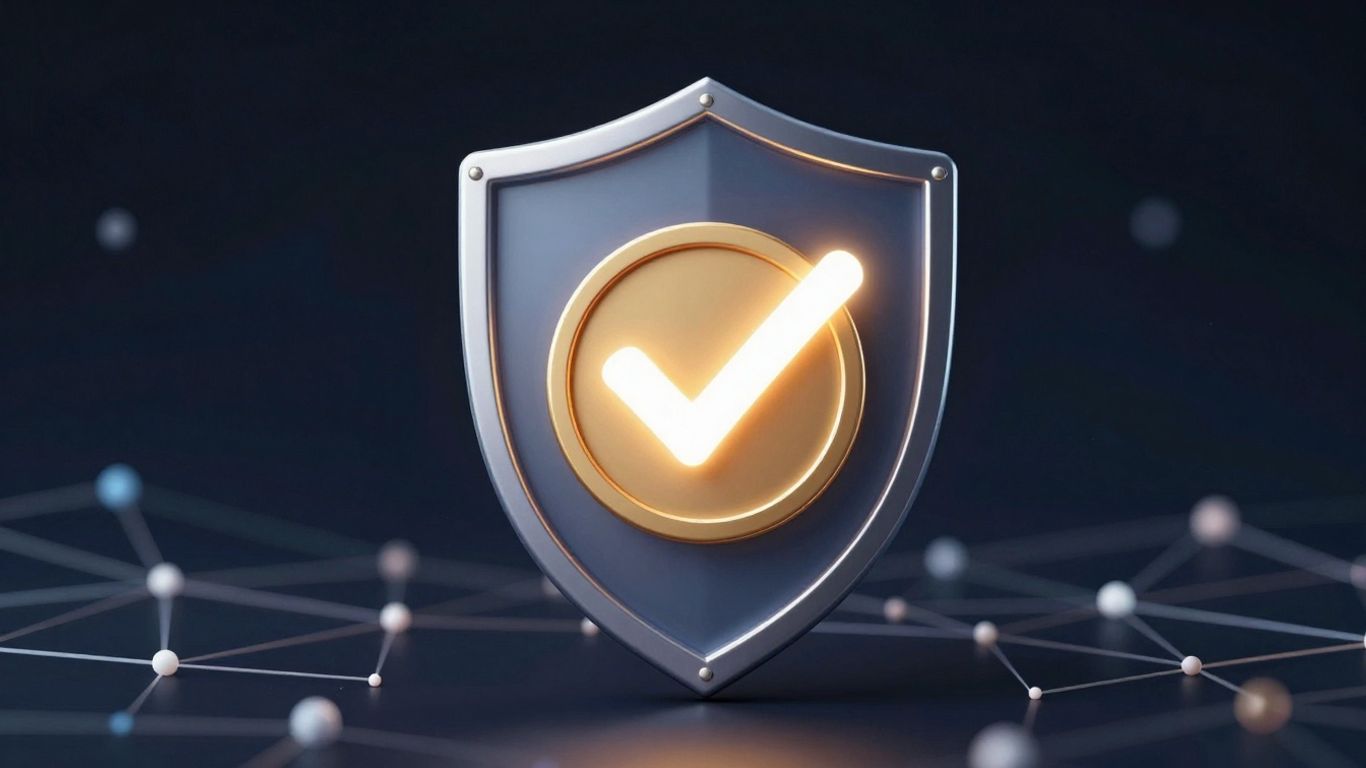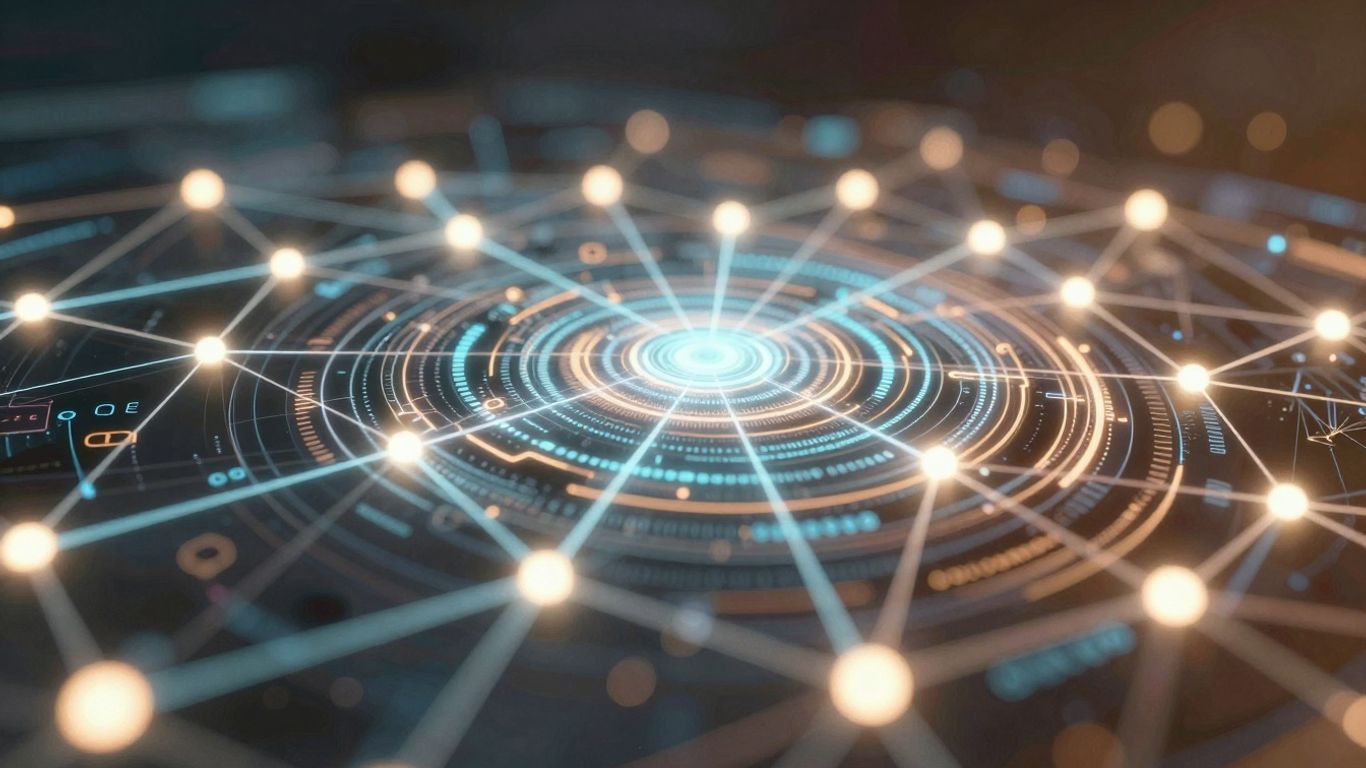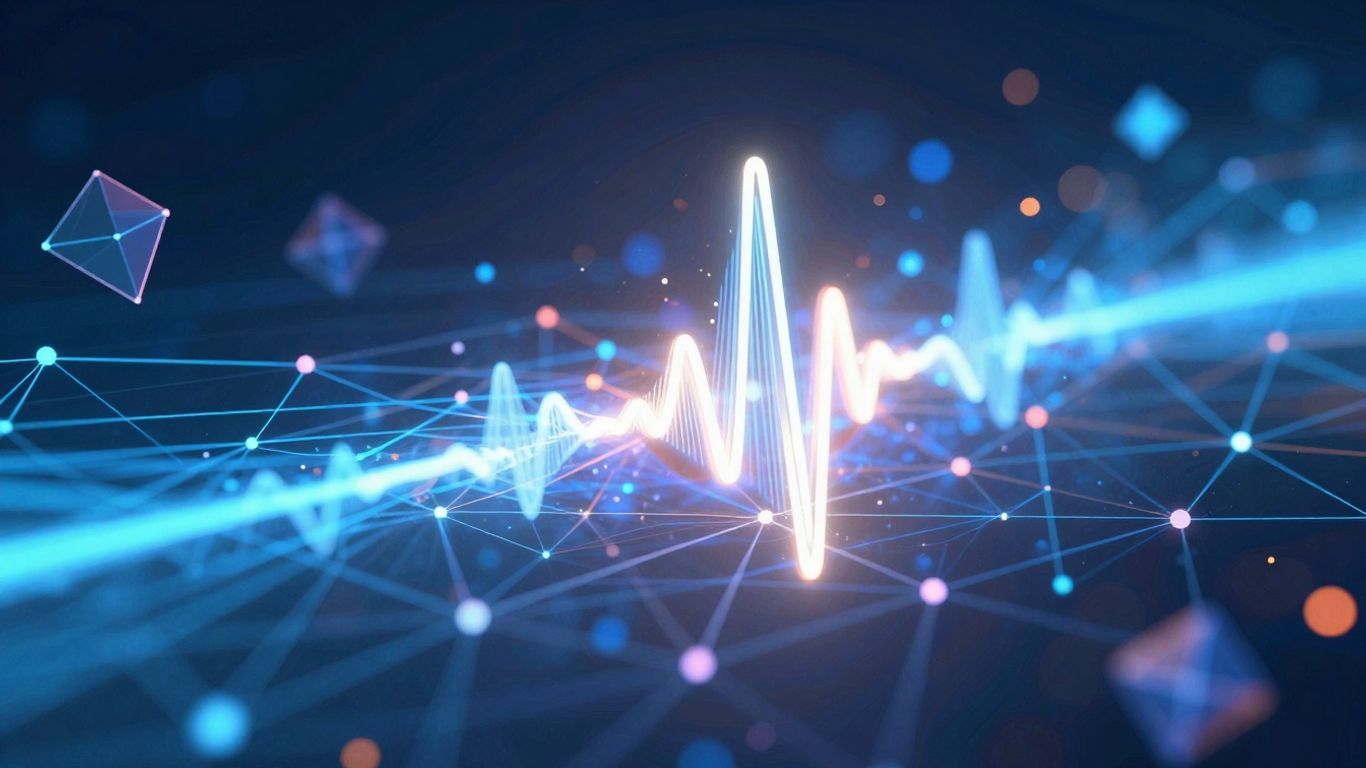[ newsletter ]
Stay ahead of Web3 threats—subscribe to our newsletter for the latest in blockchain security insights and updates.
Thank you! Your submission has been received!
Oops! Something went wrong. Please try again.
Explore affordable AI-driven blockchain audits that enhance security, speed, and cost-effectiveness for all projects.





The world of blockchain technology is rapidly evolving, and with it comes the need for affordable and effective auditing solutions. AI-powered tools are stepping in to provide faster, cheaper, and more reliable audits, making blockchain security accessible to a wider audience. This article explores how these tools are transforming the auditing landscape, ensuring that projects can operate securely without breaking the bank.

The introduction of AI technology is changing how we conduct blockchain audits. Traditional methods often rely on manual checks, which can be slow and prone to errors. With AI, audits can be performed much faster and with greater accuracy. This shift is like giving smart contracts a brain, allowing them to function at a higher level.
AI tools can analyze vast amounts of data in a fraction of the time it would take a human auditor. For example, while a traditional audit might take weeks, AI can complete the same task in hours. This speed not only saves time but also allows for more frequent audits, which is crucial in the fast-paced world of blockchain.
One of the most significant advantages of AI in blockchain auditing is its cost-effectiveness. By automating many processes, companies can save up to 90% on audit costs. This makes security audits accessible to a broader range of projects, helping to democratize security in the blockchain space.
The integration of AI in smart contract audits enhances security, efficiency, and accuracy. AI tools like debuggers and predictive threat intelligence streamline the auditing process, allowing for faster vulnerability detection and improved compliance. While AI offers significant advantages, it should complement human expertise to address challenges effectively.
AI tools provide real-time monitoring of blockchain activities, allowing for immediate threat detection. This feature is crucial for identifying potential vulnerabilities before they can be exploited. Key aspects include:
AI enhances the auditing process through advanced forensics, enabling deeper analysis of blockchain data. This includes:
The reporting tools powered by AI are designed to be accessible for all users, regardless of their technical background. Features include:
AI-powered audits not only enhance security but also make the auditing process more efficient and affordable for everyone involved.
Affordable blockchain audits make security accessible to a wider range of projects. This means that even smaller companies can protect their digital assets without breaking the bank. By lowering costs, more projects can invest in security measures.
With traditional audits being expensive, many startups avoid them. Affordable audits allow these projects to allocate funds to other critical areas, such as development and marketing. This shift can lead to a more vibrant and secure blockchain ecosystem.
When projects undergo affordable audits, they can showcase their commitment to security. This transparency builds trust among users and investors, encouraging more participation in the blockchain space. A secure project is more likely to attract investment and user engagement.
Affordable blockchain audits not only protect assets but also foster a culture of security in the industry.
AI tools can automatically scan smart contracts to find security flaws. This means they can check the code much faster than humans. By using AI, developers can catch mistakes early, which helps prevent problems later on. Here are some key points about automated detection:
AI can also predict potential threats by analyzing patterns in data. This helps developers understand what might go wrong before it happens. Some benefits include:
With AI, fixing problems can happen in real-time. This means that as soon as an issue is found, AI can suggest or even apply a fix. This is important because it:
AI algorithms can help in analysis of code with improved accuracy by reducing the possibilities of human error that happens during manual reviews. Automated tools make the auditing process faster and more effective, ensuring that smart contracts are secure and reliable.
One of the biggest challenges in blockchain auditing is external threats like phishing scams and social engineering attacks. These threats can target users' wallets and assets, making it crucial to have robust security measures in place. Here are some strategies to combat these threats:
Traditional audits often face limitations that can hinder their effectiveness. These include:
To address these issues, AI-powered tools can streamline the auditing process, making it faster and more affordable. For example, automated audits can reduce the time needed from weeks to just hours.
Ensuring comprehensive security in blockchain auditing is essential. This involves:
By integrating AI into the auditing process, projects can significantly enhance their security posture and reduce the risk of vulnerabilities. Automated audits can identify issues quickly, making blockchain technology safer for everyone.
The future of blockchain audits will heavily rely on continuous learning. AI systems will evolve by learning from past audits and adapting to new threats. This means they will become smarter over time, improving their ability to detect vulnerabilities.
As blockchain technology grows, so will the need for audits. Companies will seek global partnerships to enhance their auditing capabilities. This will help them reach more clients and provide better services across different regions.
With the rise of blockchain, regulations are also increasing. AI tools will need to ensure that smart contracts comply with these regulations. This will involve real-time monitoring and updates to stay aligned with changing laws.
The integration of AI in blockchain auditing is not just a trend; it’s a necessary evolution to keep up with the fast-paced digital world.
In summary, the future of AI-powered blockchain audits looks promising, with advancements in learning, global reach, and compliance ensuring a safer digital landscape.

AI-powered audits have transformed the landscape of blockchain security. One notable example is the collaboration between AuditOne and various high-profile projects. These audits not only ensured security but also enhanced the overall trust in the projects. Here are some key highlights:
The integration of AI in audits has led to significant improvements in project outcomes. Projects that underwent AI-powered audits reported:
From these case studies, several lessons can be drawn:
The future of blockchain security lies in the seamless integration of AI tools, ensuring that projects remain secure and trustworthy in an ever-evolving landscape.
By democratizing access to security audits, AI is paving the way for a more secure blockchain ecosystem, as seen in these successful case studies.
In summary, using AI tools for blockchain audits makes security faster and cheaper. These tools help find problems quickly, saving time and money for projects of all sizes. With features like real-time monitoring and smart contract checks, they protect users from scams and hacks. As blockchain technology grows, these affordable AI solutions will be essential for keeping digital assets safe. By making audits easier and more accessible, we can ensure a safer future for everyone in the blockchain space.
AI-powered blockchain audits use artificial intelligence to check smart contracts and blockchain systems for security issues. They help find problems quickly and easily.
AI audits are much cheaper than traditional audits. They can cut costs by up to 90%, making it easier for more projects to get the security they need.
AI audits can be done up to 10 times faster than regular audits. This means you can get results in hours instead of weeks.
Using AI for audits makes them quicker, cheaper, and more accurate. It also helps protect against new types of attacks.
AI audits are very good at finding many types of vulnerabilities, but they might not catch every single one. It's still good to have human experts involved.
Look for a service that has good reviews, offers clear reports, and fits your budget. Make sure they have experience with blockchain technology.


